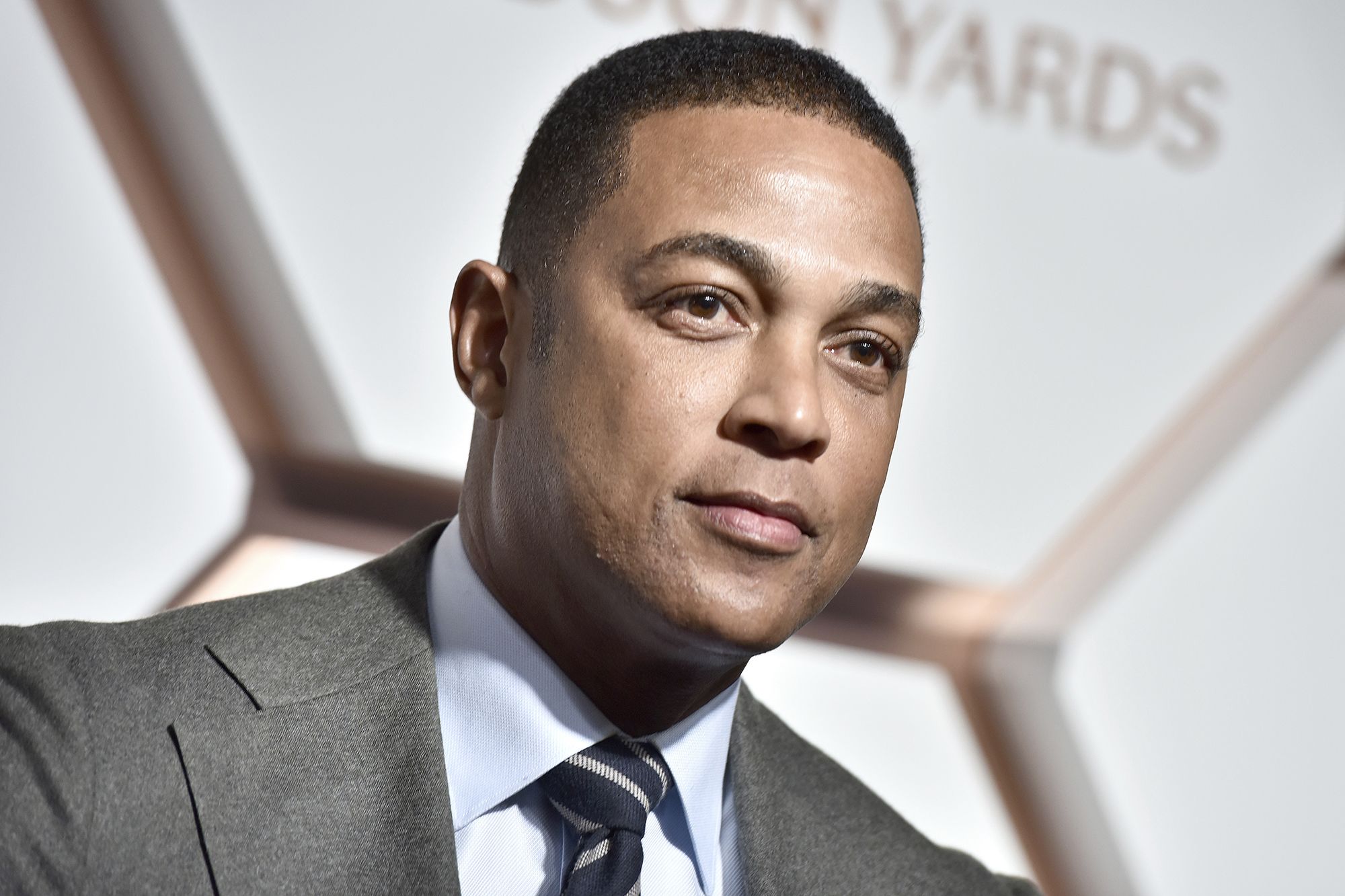CANDACE OWENS DISASSEMBLED DON LEMON

In a recent public exchange, conservative commentator Candace Owens engaged in a fiery debate with former CNN anchor Don Lemon, addressing a contentious issue: the distinction between anti-Semitism and criticism of Israel. The discussion, which captured significant attention online, saw Owens making several provocative statements that left viewers pondering complex questions.
Candace Owens has been a prominent figure in conservative media, known for her outspoken views. Her recent comments on the Israeli-Palestinian conflict have sparked debate and controversy. Don Lemon, who has seen a dramatic decline in his career from his peak at CNN to now receiving fewer views on X (formerly Twitter) than some lesser-known personalities, was the latest to challenge Owens on her stance.
During the exchange, Lemon questioned Owens about her position on Israel and Gaza, implying that her views might be perceived as anti-Semitic. Owens responded emphatically, denying any anti-Semitic sentiments and elaborating on her perspective.
“I don’t need to defend myself because I’m just not anti-Semitic,” Owens stated. She criticized what she sees as the broadening definition of anti-Semitism, arguing that criticizing Israeli Prime Minister Benjamin Netanyahu does not equate to hating Jewish people. “Anti-Semitism, the definition keeps expanding, and now I guess it means if you don’t fall over yourself every time BB Netanyahu speaks, they’re just going to call you an anti-Semite,” she remarked.
Owens, identifying herself as a Christian, expressed her distress over the bombing of children in Gaza, asserting her right to voice this concern without being labeled anti-Semitic. “Kids being bombed is upsetting to me, and I have a right to say that without being called an anti-Semite,” she said.

Lemon, attempting to navigate the sensitive topic, acknowledged the difference between Judaism and Zionism. He argued that criticizing the Israeli government and its leaders does not inherently make one anti-Semitic. However, he also highlighted that claiming to have Jewish friends as a defense can be problematic, akin to the “I have black friends” argument often criticized in discussions of racism.
Owens countered by emphasizing that her Jewish friends do not support Netanyahu’s policies, thus separating their faith from political ideology. “Judaism is not Zionism,” she reiterated. “They don’t stop being Jewish because they disagree with what Benjamin Netanyahu is doing.”
The exchange underscores a significant and ongoing debate about the boundaries of political critique and religious intolerance. While Owens maintains her criticism of Israeli policies is not rooted in anti-Semitism, the conversation reflects broader societal struggles to balance these complex issues.
As public figures like Owens and Lemon continue to navigate these difficult discussions, their exchanges provide a window into the evolving landscape of political discourse and media representation. Whether Owens’s arguments will resonate with a wider audience or further polarize opinions remains to be seen.





